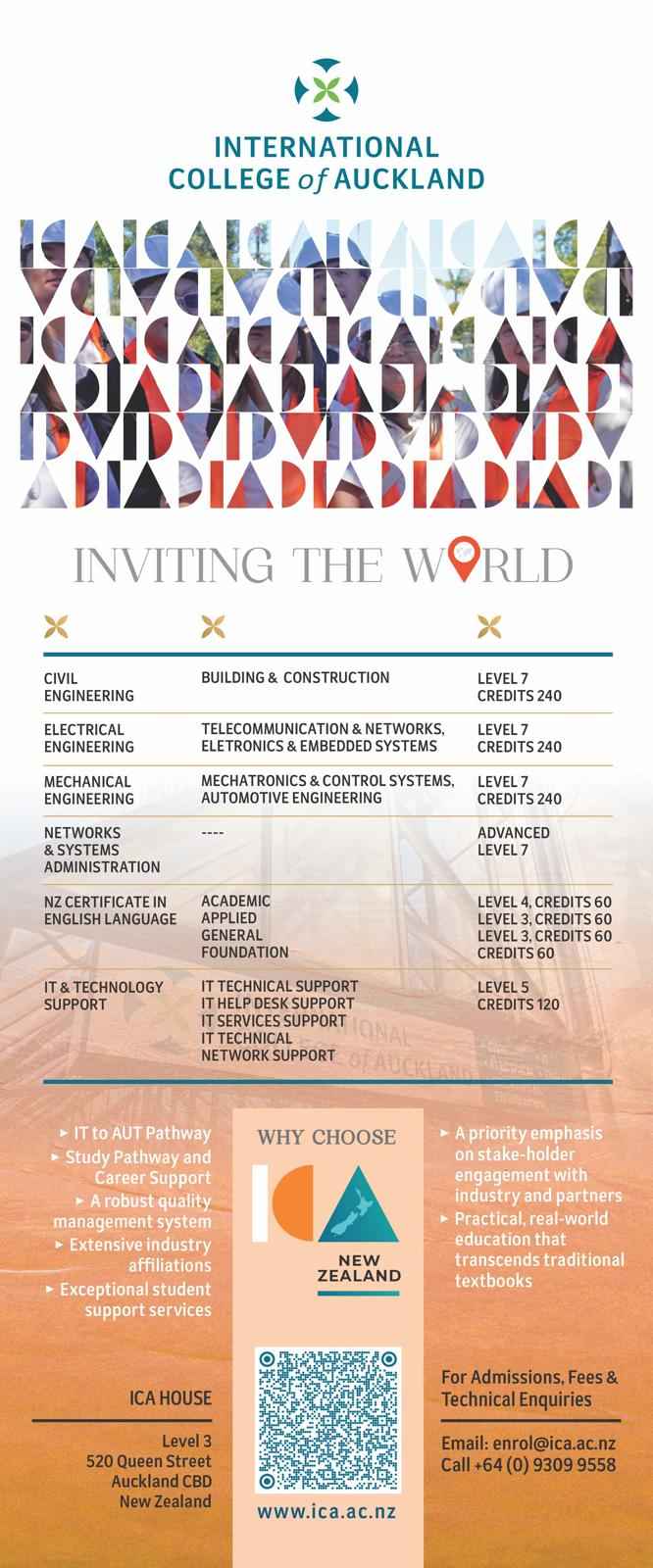What to Bring

It’s best not to bring too much luggage with you. Airlines have strict baggage restrictions for both carryon bags (cabin baggage) and check in luggage. When you check in, the airline staff will weigh your bags. You will usually be allowed about 20 kilograms for the luggage you check, plus 7 kilograms for any bags you carry onto the plane. If your bags weigh more than the weight allowed, you will incur excess baggage charges or you might even have to leave some of your belongings behind. Make sure you learn about your airline’s policies concerning luggage size, weight, goods restrictions, and any other matters, before you begin packing.
In addition, if you need to make a domestic flight to your final destination in New Zealand there may be different baggage restrictions. Make sure you check with your travel agent or look at your airlines’ (all of them) policies concerning baggage restrictions. Non compliance with weight restrictions (whether domestic travel within New Zealand or international travel) could end up costing you a lot of money! This also applies for your return trip to home.
Items that may be useful to bring to New Zealand are listed below:
- Chinese language textbooks relevant to what you will be studying in New Zealand
- Electronic dictionary
- Tape recorder (for recording classes/lectures)
- Mobile phone (more expensive in New Zealand than China. Refer to ‘Keeping in Touch’
- Familiar items from home e.g. favourite CDs, photos of your family and friends
- Camera
- Recipes for your favourite dishes
Put your name, address and phone number on the inside and outside of each of your bags.
If you wear glasses, pack an extra pair and bring your eyeglass or contact lens prescription. Bring them and any medication you need in your carry-on bag. Many medicines are illegal in New Zealand. The Customs staff at the airport may want lots of information about any medicine you have with you (refer to ‘Clearing Customs’ on p. 13). Keep medicine in their original, labelled containers. Bring copies of any prescriptions and the generic names for the medicine. Get a letter from your doctor explaining your need to take the medicine. If you have any doubts that the medicine you take may not be legal in New Zealand, you should check with the New Zealand Embassy in China. Other items you should include in your carry-on bag include:
- A change of clothing (at least underwear), a toothbrush, and other personal items you would need if your checked luggage is delayed or lost or your flight is delayed
- Telephone numbers and email addresses of friends and relatives in New Zealand
- Telephone numbers and email addresses of your school or institution (International Student Office), and / or homestay organiser
- Address and telephone number of the accommodation you will be staying at on arrival (including homestay details)
- Passport and airline tickets
- Traveller’s cheques, cash, or bank cards
- Important personal documentation
- Medical and dental records
- Extra passport-size photographs
- A pen to fill out documents for arrival
Regardless of what you decide to bring, your luggage will be subject to security clearances during your trip, and on arriving in New Zealand you and your bags may be searched.
Make sure you pack your own bags, that way you will know you have packed all the things you need and want. Label all your luggage inside and outside with your name and address in New Zealand (even if its just a temporary address).
On occasion luggage gets lost during international travel. This is not an uncommon occurrence. Generally, the airline finds the luggage and returns it to the owner within a day or two. If your luggage is lost contact the airline you flew with. You will be asked to fill out a form that includes a description of your bag (size, colour, material, design, brand) and the address to which you are going. Once the bag is found, it will be delivered to that address, usually free of charge.

